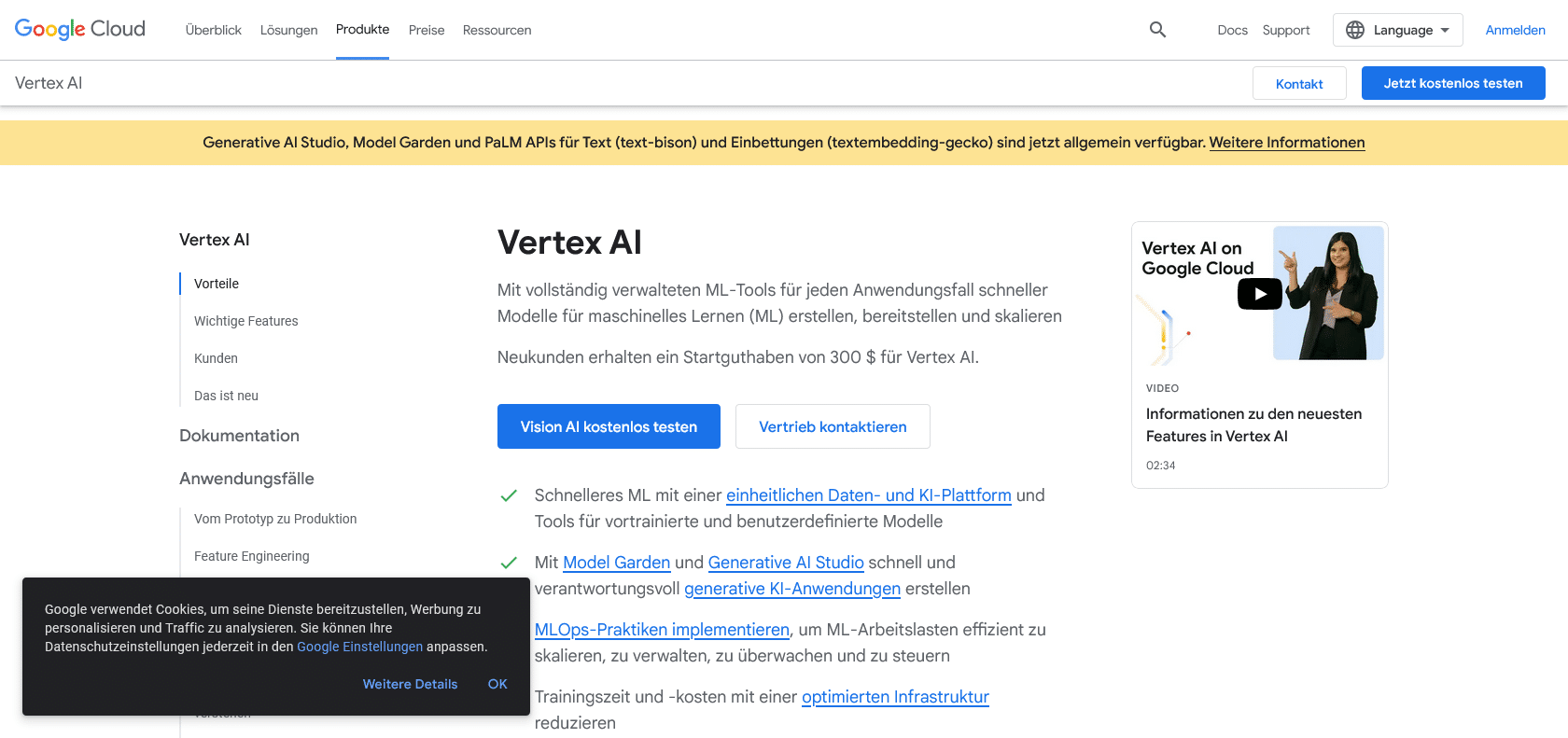Discover 7422 Tools

Optimize decision-making with Google Prediction API.
Get ahead of the competition with Google Prediction API. Automate customer segmentation, identify needs and preferences, and create accurate predictions with customized models.

Google Prediction API is a powerful tool that businesses can rely on to predict customer behavior and make well-informed decisions. By utilizing machine learning algorithms, the API allows businesses to process and analyze large amounts of data effectively. This enables them to identify patterns and trends in customer behavior, gaining valuable insights into the needs and preferences of their customer base. The API also offers the flexibility to train models with customized data, allowing businesses to create predictive models that are tailored to their specific requirements. With its user-friendly interface, businesses can easily create, deploy, and monitor models to ensure that they are always up-to-date and providing accurate predictions. Additionally, the API provides a comprehensive set of analytics and monitoring tools that help businesses evaluate the performance of their models and identify areas for improvement. Overall, the Google Prediction API is an invaluable asset for businesses of all sizes, as it leverages the power of machine learning to help them maximize the potential of their data and stay ahead of the competition.
Analyze model performance and identify opportunities for improvement.
Google Prediction API

Join the AI revolution and explore the world of artificial intelligence. Stay connected with us.
Copyright © 2025 AI-ARCHIVE
Today Listed Tools 347
Discover 7422 Tools